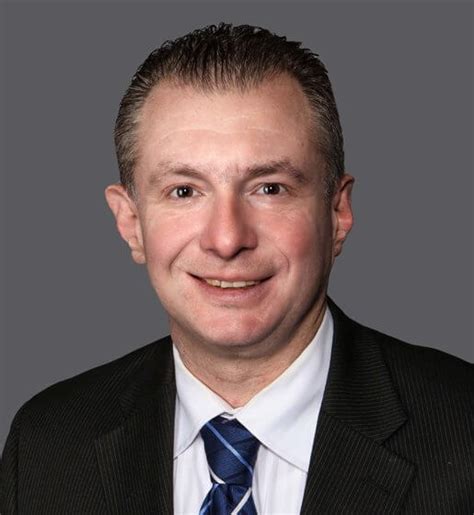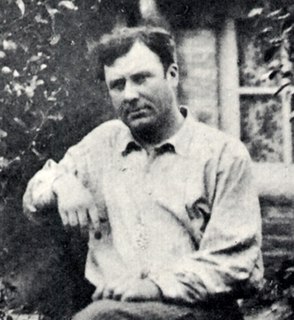A Quote by Carlos Ruiz Zafon
I am a curious creature and put my finger in as many cakes as I can: history, film, technology, etc. I'm also a freak for urban history, particularly Barcelona, Paris and New York. I know more weird stuff about 19th-century Manhattan than is probably healthy.
Related Quotes
Film is more than the twentieth-century art. It's another part of the twentieth-century mind. It's the world seen from inside. We've come to a certain point in the history of film. If a thing can be filmed, the film is implied in the thing itself. This is where we are. The twentieth century is on film. You have to ask yourself if there's anything about us more important than the fact that we're constantly on film, constantly watching ourselves.
The fact that you couldn't see Alfred Hitchcock's first film The Mountain Eagle, or that you couldn't see so many of F.W. Murnau's masterpieces, or that you couldn't see so many of Oscar Micheaux's really intriguing race melodramas, made with fierce independent spirit against all odds in '20s and '30s America. That stuff haunted me. They really did bring to life a sense of 20th Century history: cultural history, pop history, gender politics and race politics, socio economic history, all that stuff. It was bracing and instructive.
New York was always more expensive than any other place in the United States, but you could live in New York - and by New York, I mean Manhattan. Brooklyn was the borough of grandparents. We didn't live well. We lived in these horrible places. But you could live in New York. And you didn't have to think about money every second.
If you look back on the history of the 20th century, the 19th century or even to the ancien régime of the 18th, you will see that first people rebelled against the order of the things because of lack of liberty, and demanded more freedom. And when they got more freedom, they got frightened, and they desired more security for a change. After a while, they started complaining, although more secure, they also become more dependent and rule-bound.
The Greeks really believed in history. They believed that the past had consequences and that you might be punished for the sins of your father. America, and particularly New York, runs on the idea that history doesn't matter. There is no history. There is only the never-ending present. You don't even have your family because you moved here to get away from them, so even that idea of personal history has been cut at the knees.
I know that I come from mid-20th century America, urban, specifically downtown New York, specifically an Italian-American area, Roman Catholic - that's who I am. And a part of what I know is there's a decency to people who tried to make a living in the kind of world that was around us and also the Skid Row area of the Bowery; it impressed me.
The history of lead is a history of neglect. It's a history of decisions on our part not to address the broad implications of what we did to ourselves during the industrial revolution and in the first part of the century when our cities expanded broadly, when we built our housing and we began to depend upon lead as a mainstay of our new industrial culture. We put this stuff in even though we knew it was dangerous, we knew it was going to hurt kids.
For more than twenty years by my own work and personal initiative, I have gathered from all the old streets of Vieux Paris photographic plates, 18 x 24 format, artistic documents of the beautiful civil architecture of the 16th to the 19th century: the old hôtels, historic or curious houses, beautiful facades, beautiful doors, beautiful woodwork, door knockers, old fountains This vast artistic and documentary collection is today complete. I can truthfully say that I possess all of Vieux Paris.
Vincent Gallo has put a curse on my colon and a hex on my prostate. He called me a 'fat pig' in the New York Post and told the New York Observer I have 'the physique of a slave-trader.' He is angry at me because I said his 'The Brown Bunny' was the worst movie in the history of the Cannes Film Festival...
it is true that I am fat, but one day I will be thin, and he will still be the director of 'The Brown Bunny.'







































